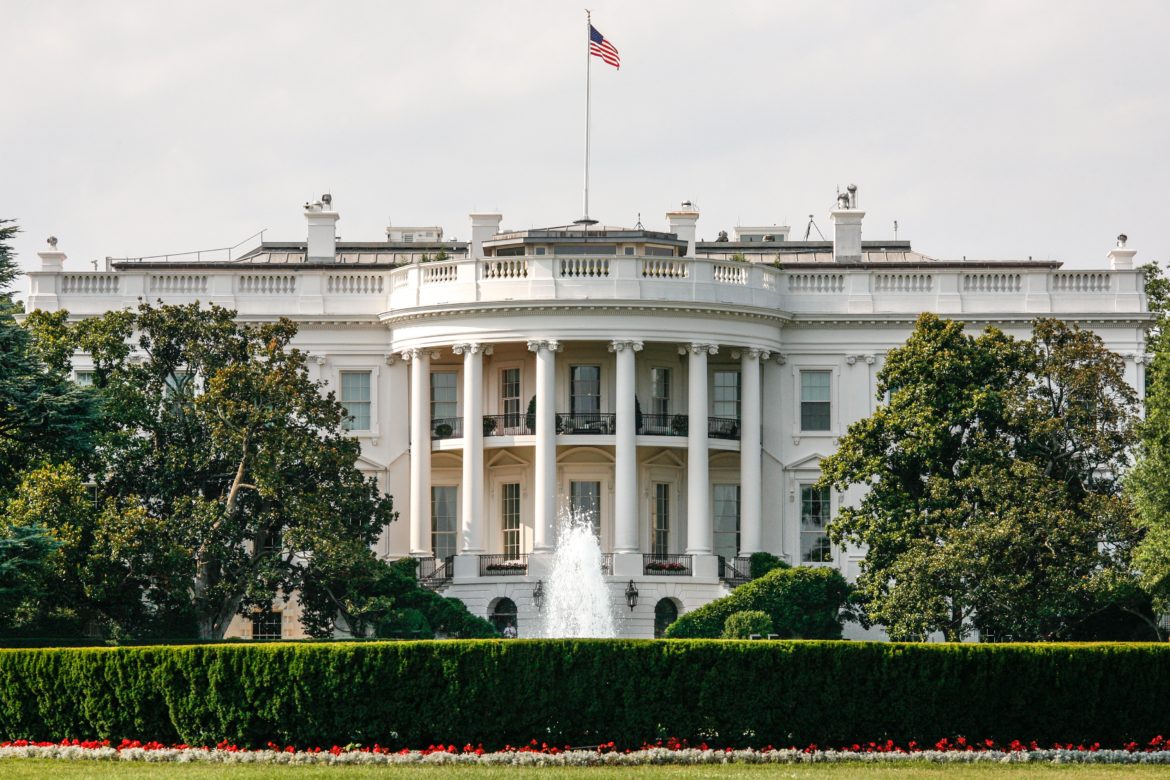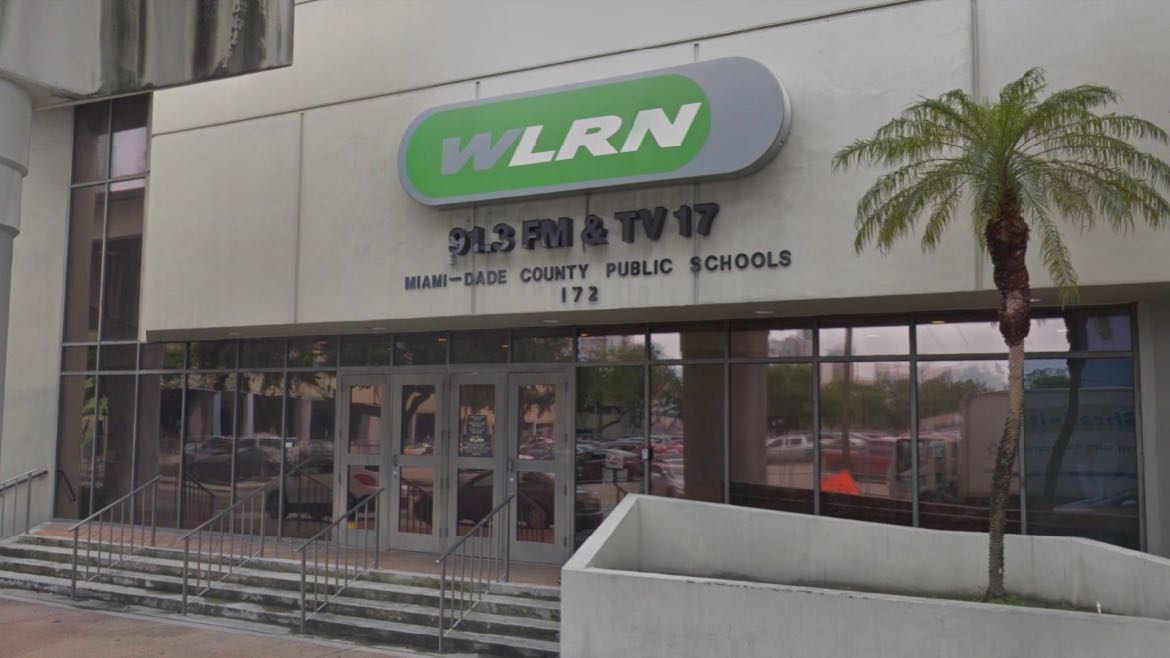Biden administration requests $565M for CPB in FY2025, supports proposed change to interconnection funding

Alex Proimos
President Joe Biden’s budget request for fiscal year 2023 proposes a $40 million increase to CPB’s federal appropriation and interconnection funding and endorses a CPB proposal to change how it funds interconnection and infrastructure.
Biden’s budget, released Monday, includes a $565 million request for CPB for FY2025. The FY2022 budget signed earlier this month included $525 million for CPB in FY2024. CPB’s base appropriation is funded two years in advance of the annual federal budget process.
Biden’s proposed budget also includes $60 million for public broadcasting’s interconnection system and infrastructure. Interconnection funds have been level at $20 million since FY2018.
The budget also would provide $29.5 million in FY23 for Ready To Learn, the Department of Education grant program that funds public television educational content, research and community outreach for educators. That would be a $1 million decrease from the appropriation signed for FY22. Ready To Learn previously received $29.5 million in FY2021.
Biden’s budget does not include funding for the Next Generation Warning System at the Federal Emergency Management Agency. FEMA funding for FY2022 was first approved earlier this month after two years of lobbying. In a news release, America’s Public Television Stations President Pat Butler said he is hopeful that Congress will provide level funding of $40 million for the program.
A CPB spokesperson told Current Monday that the administration also expressed support for a proposal regarding public television’s operational interconnection funding. Under the proposal, CPB would no longer draw those funds from the system support portion of its base appropriation, as it currently does, and instead from its standalone interconnection and infrastructure fund.
CPB now pays half of public TV’s operational costs of interconnection, distributing $4 million from the system support fund to licensees. PBS ultimately receives those funds through stations’ dues payments. The system support fund is also known as the “6% fund” because the Public Broadcasting Act directs CPB to use that portion of its appropriation for “projects and activities that will enhance public broadcasting,” according to CPB.
CPB President Pat Harrison told stations in a September memo that “requesting flexibility to fund this obligation from the interconnection appropriation would result in several beneficial outcomes for stations.” The proposal would free up the $4 million for other initiatives, Harrison said.
Harrison also said that consolidating all interconnection costs into one account would allow for greater transparency to stations, Congress and the Office of Management and Budget. “We believe this would strengthen the public media system’s ability to make an unassailable case for additional funds for interconnection as content distribution needs and costs increase over time,” Harrison said.
CPB convened conversations with station leaders about the interconnection proposal from June to December, according to a memo Harrison sent to stations in December. In the memo, Harrison said station leaders asked whether the interconnection appropriation would be sufficient to cover the annual obligation for public TV’s interconnection costs and how CPB would distribute the $4 million. She said that CPB would be obligated to draw on system support funds if the interconnection appropriation failed to cover the $4 million.
CPB also said it agreed with station leaders and PBS President Paula Kerger, who advised CPB to continue distributing the $4 million directly to stations through the Community Service Grant formula.
Tom Thomas, former co-CEO of the Station Resource Group, said he supports the proposal because it would relieve “significant pressure” on the system support fund. The fund supports a “laundry list” of items, Thomas said, including training, research and the National Minority Consortia.
“For years, the demand for those funds in the system has vastly outstripped the amount of dollars in that account,” said Thomas, who attended two of last year’s informational sessions about the interconnection funds. Consolidating public broadcasting’s infrastructure and interconnection needs into one fund helps make the case to Congress that more funding is needed, he added.
Harrison noted last year that CPB is not proposing to open or revise any obligation in the Public Broadcasting Act. The request is confined to appropriation language and does not change CPB’s statutory authority or obligations.
The proposal will not affect Community Service Grant payments to stations, according to CPB spokesperson Brendan Daly. If Congress approves the proposal, it would go into effect for FY23.
“CPB is grateful for the Administration’s support of our interconnection proposal and we look forward to working with Congress throughout the appropriations process,” said Daly.
Correction: A previous version of this article incorrectly said that Biden’s budget included funding for the Next Generation Warning System.





